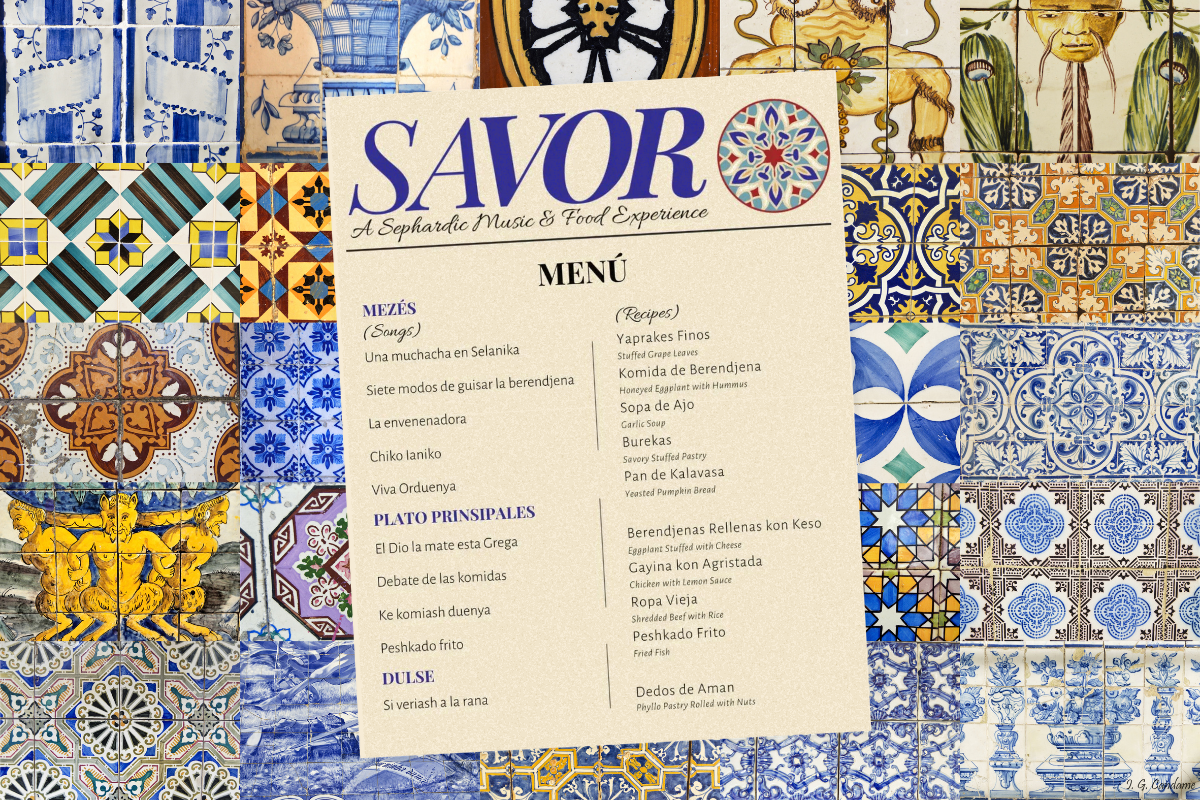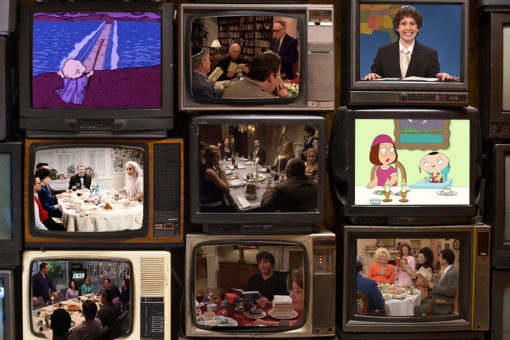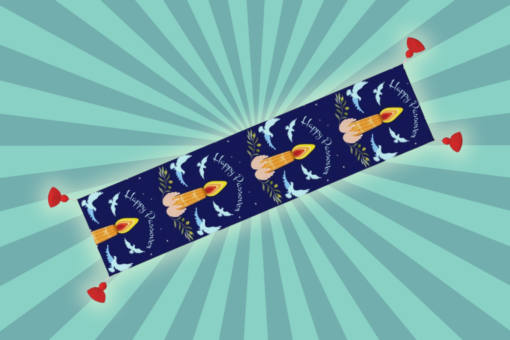As modern Jews, we’re lucky that our history, culture and community are more accessible than ever. “Savor: A Sephardic Food and Music Experience,” a new project from singer Sarah Aroeste and chef Susan Barocas, takes full advantage of this. They’ve created an interactive, engaging way for audiences to learn to cook Sephardic recipes from around the world while jamming out to perfectly paired Ladino songs. And you can do it from any corner of the globe — or your own kitchen.
Premiering today, April 21st, the project features 10 Sephardic dishes with “something for every eater,” starring guest chefs who “preserve and promote Sephardic food and culture” by sharing recipes and encouraging people to appreciate Sephardic music and cuisine, no matter their background. Alongside these recipes, Sarah Aroeste is launching 10 Ladino songs, one for each dish, along with a menu-inspired guide to each song and dish pairing.
For Aroeste and Barocas, tradition is multi-sensory. No single culture — much less the beautiful and diverse traditions of Sephardic Jews — can be contained to just one sense. Instead, culture is best consumed using both the ears and the tastebuds.
The idea for “Savor” first developed during the COVID-19 pandemic. While others were making sourdough to pass the time, Sarah started recreating her family’s 100+ year old Sephardic recipes. Gradually, Sarah began to combine her passion of music with her love of Sephardic cooking and noticed a striking trend: “Sephardic music and food are inextricably linked,” she told Hey Alma. Not only do many traditional Ladino songs discuss food, but food is a recurring theme that captures a snapshot of the cultural mores and values of the time.
To accomplish this innovative multisensory approach to Sephardic culture, Sarah and Susan designed a diverse menu of traditional Ladino music and emblematic Sephardic dishes. Each song, performed by Sarah, is paired with a traditional Sephardic dish from different Jewish communities. The pairing is then introduced in video form by different female guest chefs, including popular Jewish chefs Leah Koenig and The Sephardic Spice Girls, as well as intergenerational Sephardic families sharing their ancestral recipes.
To Sarah and Susan, featuring female chefs of different generations was paramount, as Sephardic food and music was historically passed down through women. While anyone can partake in Sephardic culture, cuisine and music regardless of gender, the voices of Sephardic mothers and daughters have been preserved over hundreds of years in the recipes and songs that “Savor” features.
The first song on the album, “Una muchacha en Selanika,” tells the story of a young girl who is ostracized by her family and community because she is unable to adequately make grape leaves! While the song itself is entertaining and reveals the importance of food to Sephardic Jews in Salonica, Sarah and Susan take it one step further and include a recipe and video featuring guest chef Jennifer Abadi as she makes her recipe for grape leaves, or yaprakes finos. This song, and the other nine like it, represent the deep connection between Sephardic food and music, and provide glimpses of moments in Sephardic history.
Because of the immersive nature of “Savor,” its audience is encouraged to listen, watch and do. However, it’s also designed to educate others on Sephardic culture and to elevate the place of Sephardic cuisine in conversations about Jewish food.
Through discussions of ashkenormativity have become more common, Ashkenazi culture is often still viewed by most of the American Jewish (and non-Jewish) world as representative of Jewish culture. Sarah and Susan hope to change this by introducing “Savor” not just to the Sephardic community, but to a broader public as well. They invite everyone, regardless of background, to partake in their perfectly curated experience.
Though “Savor” is designed to create an engrossing experience for the senses, Sarah and Susan believe that eating Sephardic food, cooking Sephardic meals and listening to Sephardic music isn’t quite enough; Sephardic culture must also be experienced together as a community. Combining the senses creates a “conversation between the food, the music and those participating.” But no amount of sensory input could replace the most important goal of “Savor”: enjoying the experience with others. Above all else, the project prioritizes joy.
While Sarah and Susan sincerely hope that “Savor” helps bring Sephardic culture to the table — so to speak! — on wider conversations about Jewish food and culture, they especially hope people experience joy when engaging with it. They want “Savor” to help people create not only tables full of food and music, but true “mesas de alegria” — “tables of joy” in Ladino.



